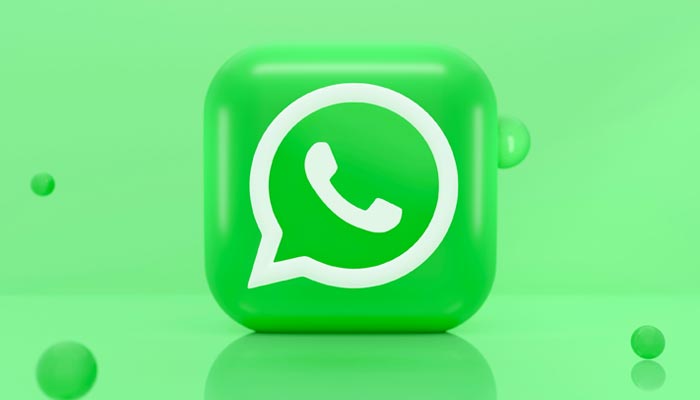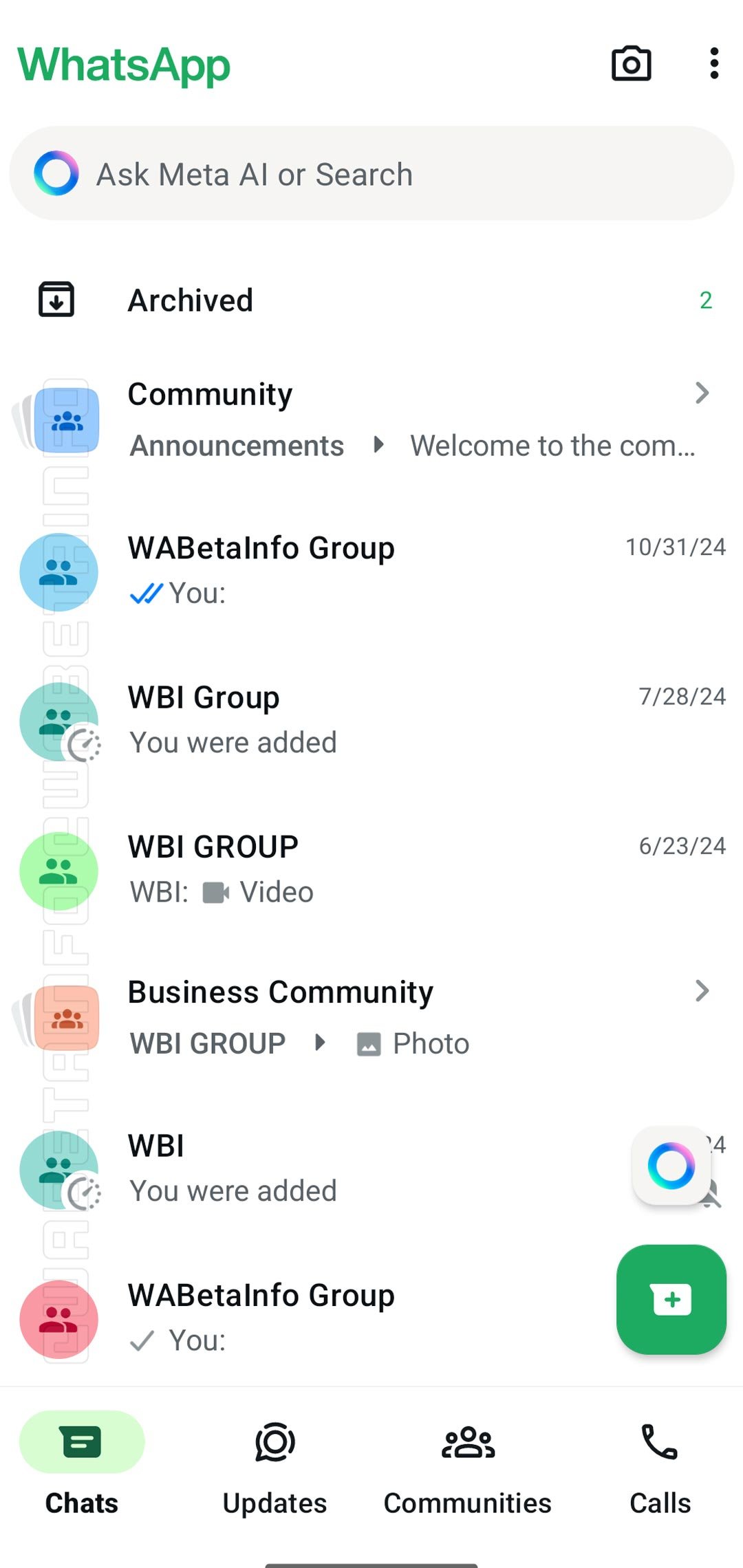WhatsApp to revamp chats with exciting new feature
Meta-owned instant messaging app's new feature will make it easier for users to visually identify contacts, groups at a glance
WhatsApp is set to introduce vibrant new themed icons in an upcoming update for users, giving contacts and group chats a fresh look by ditching the boring neutral grey coloured icons that are currently displayed in the app.
The current plain grey icons for contacts, group chats, and communities provide a uniform look for those without profile photos but they also make it difficult for users to visually identify contacts and groups at a glance.
However, according to WABetaInfo, the upcoming feature aims to add vibrant colours to these icons, allowing for quicker visual identification of contacts and groups.
This concept is very similar to the coloured icons seen in the address book of the Android stock app, where each contact is represented by a unique colour-coded icon.
When a contact has not set a profile picture or has chosen to hide it due to privacy settings, WhatsApp will automatically display a distinct themed icon for that contact.
This default icon includes unique visual characteristics, particularly in its colour scheme, allowing users to quickly distinguish between contacts who may have identical names or simply lack a photo.
Similarly, in the case of group chats and communities, the new themed icons may also help when groups do not have a designated image or share the same name.
The themed icons will apply distinct colours and designs that help users associate a particular icon with each group, making it easier to recognise without needing to open each group chat individually.
This new feature is currently under development.
While users of Meta's instant messaging app may have to wait for a future update to explore this new feature, beta testers can try it out in the latest WhatsApp beta for Android 2.24.24.12 update which is available for download on the Google Play Store.
-
Scientists discover rare form of 'magnets' that might surprise you
-
Humans may have 33 senses, not 5: New study challenges long-held science
-
Northern Lights: Calm conditions persist amid low space weather activity
-
SpaceX pivots from Mars plans to prioritize 2027 Moon landing
-
Dutch seismologist hints at 'surprise’ quake in coming days
-
SpaceX cleared for NASA Crew-12 launch after Falcon 9 review
-
Is dark matter real? New theory proposes it could be gravity behaving strangely
-
Shanghai Fusion ‘Artificial Sun’ achieves groundbreaking results with plasma control record













